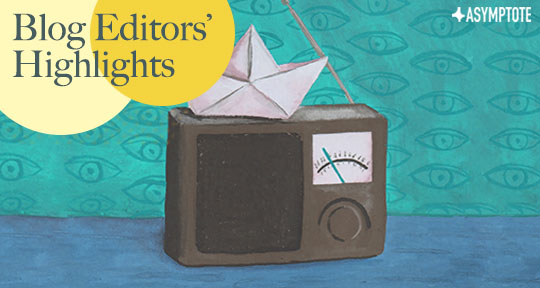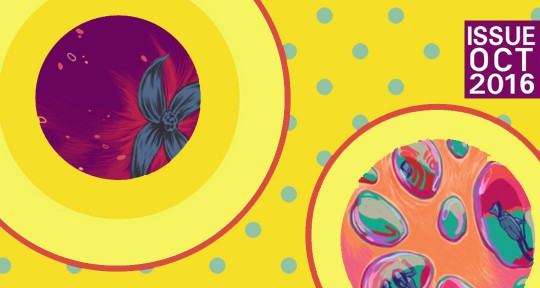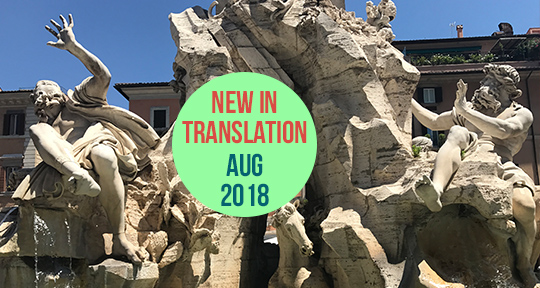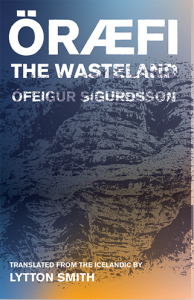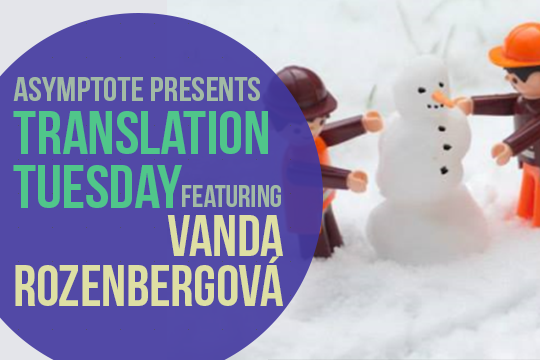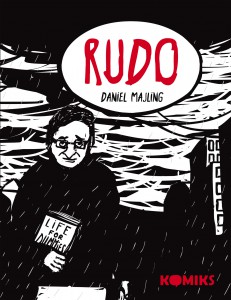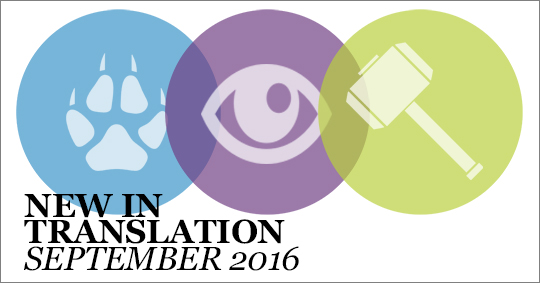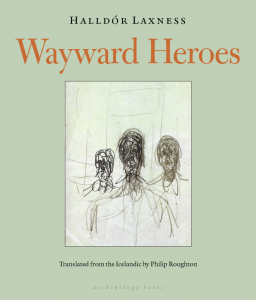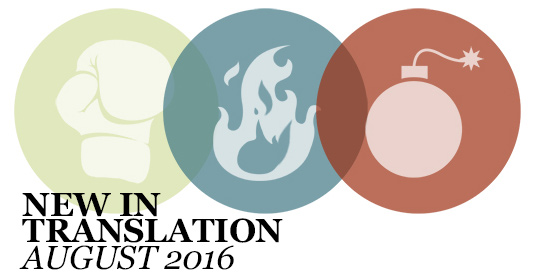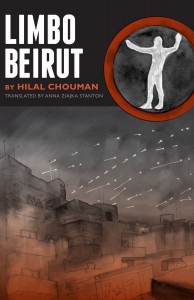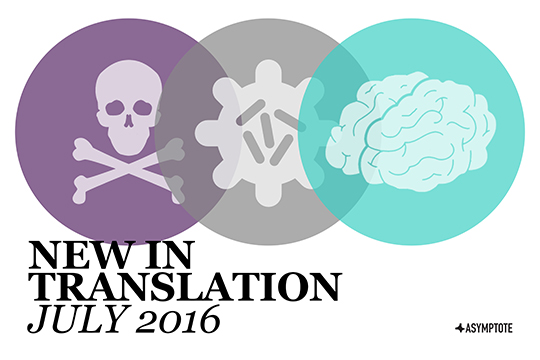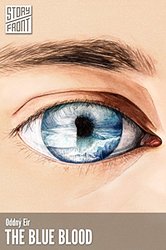Featuring work from twenty-three languages and a record-breaking thirty-five countries, there’s plenty to choose from in Asymptote’s Winter 2019 issue! Today, our three blog editors share their favorite pieces, from Icelandic, Slovak and Latvian poetry to Brazilian Portuguese social commentary and Bengali short stories.
From the Fiction section, the ever-intensifying “The Meat Market,” translated from the Bengali, takes one unexpected turn after another in a thrilling prose adventure. Set a week before Eid, what should be a celebratory, communal affair quickly turns sour in East Rajabazar. This is a city where transactions are tainted by the potential for danger, just as the meat sold is tainted by false advertising. Aminul Islam faces the full consequences of these circumstances that he fails to fully understand, culminating in a shocking conclusion carefully set up by Mashiul Alam’s artful prose, switching deftly between first- and third-person at crucial moments in the narrative.
If you are looking for exciting poetry freshly translated into English, don’t miss out on Steinn Steinarr’s “Time and Water.” Hailed as Iceland’s greatest modernist poet, Steinarr’s ethereal poetry combines Icelandic poetics with modernist free verse and imagism to create gems like:
And the sorrow I hid
nearly found your own,
like a fjord-blue sea.
In this sequence on a failed and flawed relationship, the distance between the speaker and the other is quite nearly but not quite ever bridged. Equally impressive are the complex rhythms of Monta Kroma’s extract from Lips. You. Lips. Me., a larger collection of experimental modernist poems. The Latvian poet plays on the use of refrains and repetition to create a circular, almost obsessive monologue. These poems are ones that I’ve been returning to, and ones you might love too! READ MORE…

